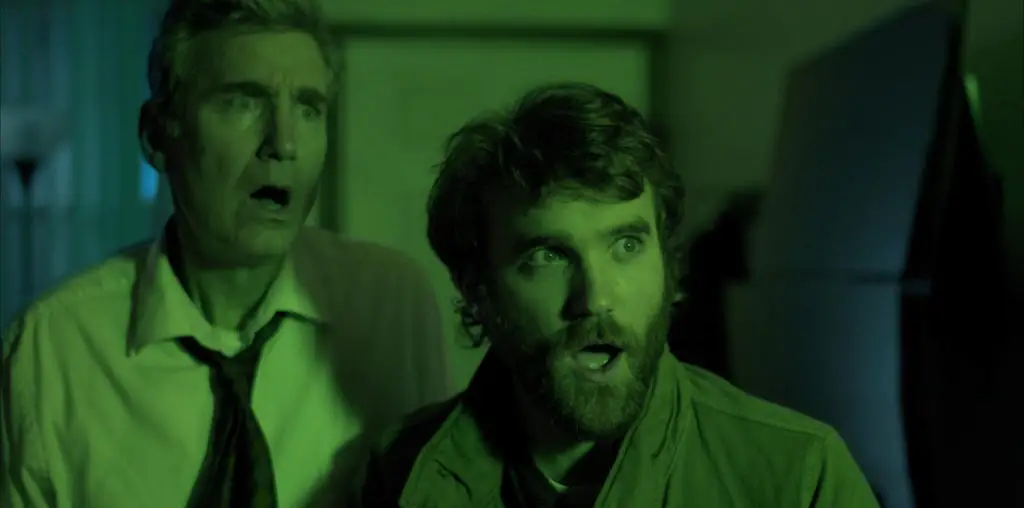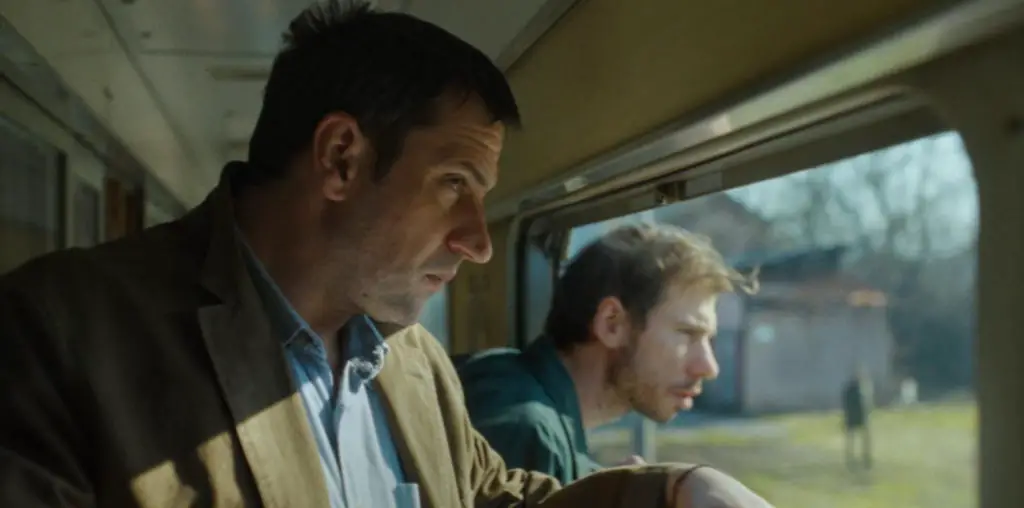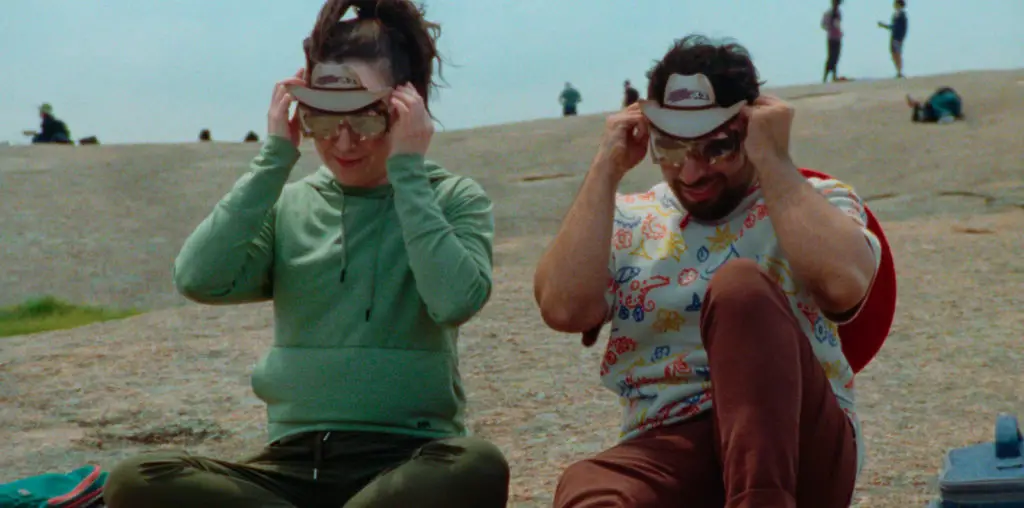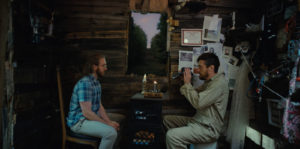
What is it like living between the here and the hereafter? Better yet, what if you were the conduit? In Matthew Paul Everitt’s short film, You Can Go Home Whenever You Want, we look into the life of the Custodian (Michael B. Woods), a man chosen to be the last person you see before the end. The Custodian lives in a small cabin in the woods, and every so often, he is visited by strangers who are done with life. The choice they are about to make is more out of relief than fear. They give him their car keys and walk down a forest path; a bright light appears, and it’s over. The problem is these strangers aren’t always strangers, as in the case of Brent, a former bandmate of his.
One day, another bandmate, Chris (Vic Kuligoski), arrives with a birthday cake. The two catch up on life. Chris is not there to ‘go home,’ but he’s awfully curious about how the process works. The Custodian suspects Chris has ulterior motives.
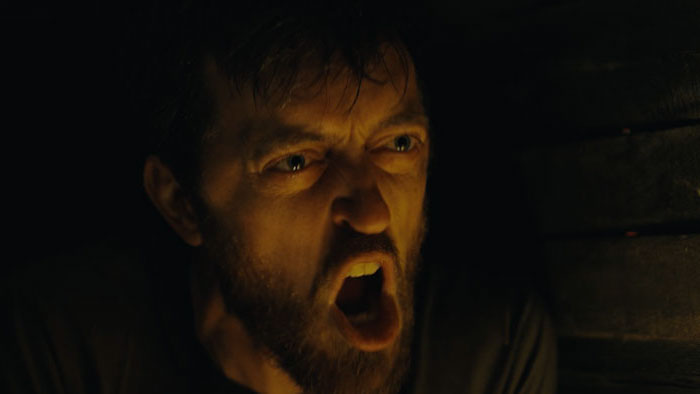
“They give him their car keys and walk down a forest path; a bright light appears, and it’s over.”
Let’s just say I’m still chewing on You Can Go Home Whenever You Want. The film’s themes revolve around life and the sense of futility we feel when we’re stuck on the hamster wheel of our existence. It asks more questions than it answers.
As a film writer/director, Matthew Paul Everitt has a keen sense of storytelling. The dialogue and actions are full of subtext, and I love the world-building that is confined to a cabin in the woods. Michael B. Woods gives an incredible performance as the man chosen to usher people into the hereafter for the sheer reason he was chosen to do it.
To me, a good short film is one that I can wrestle with and wrestle you will with You Can Go Home Whenever You Want and its questions about existence, meaning, purpose, and disappointment.
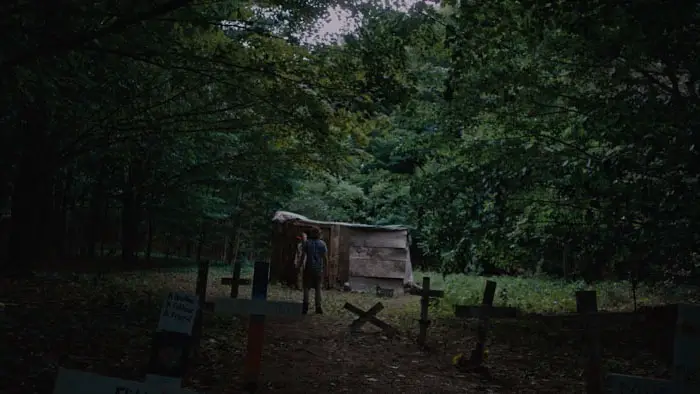
"…what is it like living between the here and the hereafter?"
